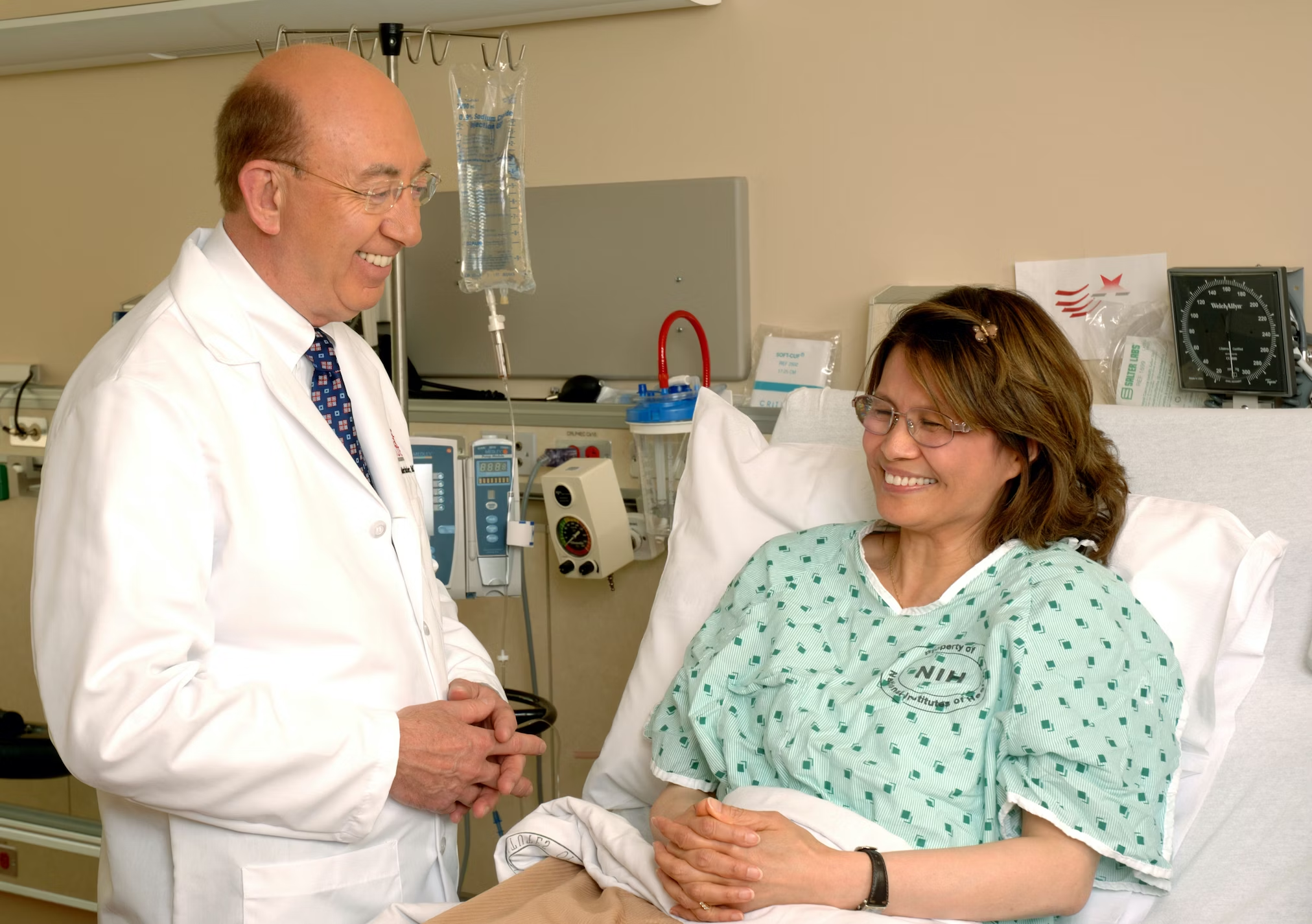
Over the years, chemotherapy has emerged as a lifesaver for cancer patients. The therapy has made the disease less deadly, significantly improving survival statistics.
As of January 2022, the US had nearly 18.1 million cancer survivors, representing 5.4% of the population. The number is projected to reach 22.5 million by 2032. Early diagnosis and treatment advancements contribute to these numbers, with chemotherapy being one of the catalysts.
Beyond the efficacy of chemotherapy, patients need to be ready for some side effects. According to statistics, fatigue is the most common one, affecting 87% of the patients. Loss of appetite (71.4%) and diarrhea (49.4%) are other prevalent implications. Nearly 66.7% of patients encounter at least six or more side effects.
However, they are a small price for saving your life. The good thing is that you can minimize these side effects with some simple measures. We will share a few proven coping strategies to handle the rigors of chemotherapy treatment.
Cancer weakens your body, and chemotherapy may affect it even more due to fatigue and nausea. Loss of appetite is another reason to worry. Your body requires adequate nourishment to recover from the treatment and strengthen the immune system. Optimal nutrition and hydration are essential to cope with the aftermath of chemotherapy.
Patients should consider working with a professional nutritionist to develop a personalized diet plan. According to Healthline, nutrient-dense foods that are light and easy to digest are ideal for patients. Eggs, avocados, oatmeal, broccoli, nuts, and seeds are a few examples of the healing superfoods. You must also drink plenty of water and eat hydrating foods to counteract dehydration during treatment.
Besides the physical side effects, many chemotherapy patients struggle with emotional implications like stress, anxiety, and depression. The anxiety of living with the disease is compounded by the rigors of chemotherapy treatment. Studies show that family social support can go a long way in helping patients deal with emotional issues and maintain their quality of life.
Establish a robust support system by surrounding yourself with compassionate friends, family members, and healthcare professionals. They can provide practical assistance and emotional strength during the long journey. Engaging with fellow cancer patients in support groups and online forums fosters a sense of community and allows for the sharing of experiences and advice.
While peripherally inserted central catheter (PICC) reduces the need for painful administering medications pricks during treatment, the incidence of catheter-related complications is high in cancer patients. Proper catheter care is essential to ensure the effectiveness of treatment and prevent infections.
Types of catheters used, infusion times, and maintenance of catheters affect the risk of complications and the success of treatment. Bard Power Port devices have a notorious reputation in this context, causing complications like severe infections and injuries. MedTruth notes that the Bard Power Port lawsuit may become widespread, with thousands of patients filing one to seek justice.
According to TorHoerman Law, the FDA announced a recall for the device in March 2020 and later terminated it in May 2022. However, patients injured by the device are still pursuing legal action against the manufacturer.
Besides choosing the catheter wisely, you should follow your healthcare provider’s guidelines regarding regular cleaning and avoiding exposure to contaminants. Also, promptly report signs of infection or malfunction.
While medications can help you address some side effects like nausea and vomiting, you need to adopt a few positive lifestyle changes to get through others. Here are a few recommended adaptations to ease your recovery process:
Life is not the same for cancer patients, specifically when undergoing aggressive chemotherapy sessions. The road to recovery is often long and painful. You may struggle to handle the side effects of the treatment, but knowing that it can save your life is a reason to bear them. You can follow these actionable coping strategies to make chemo side effects bearable. Most importantly, focus on the positive results instead of worrying about your woes.